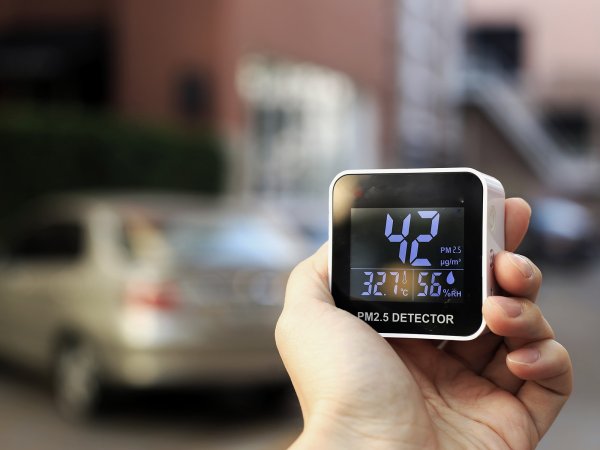
The Environmental Justice (EJ) movement was born out of the deliberate and harmful practice of Locally Unwanted Land Uses (LULUs) near or within communities of color. Quite often, pollutants were deposited in soils, in the water or emitted into the atmosphere via landfills, waste processing sites, refineries, power plants, and incinerators. Studies now indicate that long-term exposure to particulate matter can influence mortality, especially in communities where African Americans live. With the outbreak of COVID-19, recent studies have found a greater risk of transmission in regions of higher pollution along with an increased risk of serious health conditions. Given the prevalence of non-communicable, respiratory diseases such as asthma in African American communities, it is more important than ever that air quality is monitored and linked to public health.
This project intends to install low costs air quality sensors on Historically Black Colleges and Universities (HBCUs) campuses and on Predominantly White Institutions (PWIs) campuses such as PSU to examine the variation in air quality and estimate the health consequences of exposure as well as the social cost of poor air quality. Students will (i) learn how to analyze data using Python with an emphasis on standards from the World Health Organization (WHO) and the Environmental Protection Agency (EPA); (ii) learn the connections between long-term air quality, local emission sources, and human health; (iii) compare their data to EPA sites and present the work at the HBCU climate change consortium meetings. Data will be collected for two years and analyzed at all selected sites.



